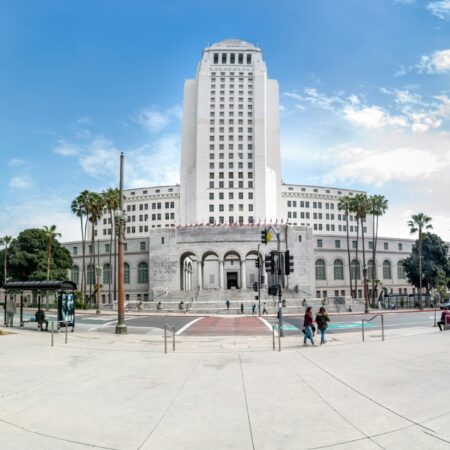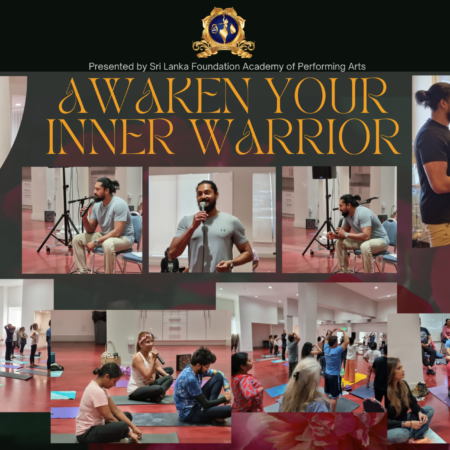The United States Agency for International Development (USAID) strengthened partnerships between organizations and local humanitarian response by co-hosting more than 140 participants from 36 countries in Colombo for the Forum on Localizing Response to Humanitarian Need and the Role of Religious and Faith-based Organizations from October 16th to the 19th. Representing local and global faith networks, faith-based and secular organizations, aid agencies, policy makers, and governments, participants discussed how “going local” through community and faith-based actors and networks can improve aid to communities experiencing natural and man-made disasters.
This forum, co-sponsored by USAID, was organized by the local host committee chaired by the Venerable Banagala Upatissa Thero, Chairman of the Mahabodhi Society, and Reverend Ebenezer Joseph, leader of the National Christian Council, with representation of every Sri Lankan faith and the international Partnership for Faith and Development planning committee.
Speaking at the event, USAID Mission Director for Sri Lanka and Maldives, Dr. Andrew Sisson, noted USAID Sri Lanka’s long history of working directly with local organizations, both faith-based and secular. “By engaging local communities we gain a deeper understanding of people’s perceptions and needs, of their context, and as a result there is a higher likelihood of finding effective and sustainable solutions.” He added, “A few years ago, localization became a key pillar of USAID’s sweeping reform agenda, whereby we work to increase the effectiveness of our development programs by finding local solutions and partnerships whenever possible.”
The three-day event addressed challenges, shared best practices, and offered evidence-based recommendations to improve humanitarian aid. Topics included conflict and peace-making, disaster response, refugees and forced migration, disaster risk reduction and resilience, gender-based violence, and children and health. The participants highlighted the significance of women’s involvement across faith networks in all aspects of humanitarian work.
At the end of the Forum, participants took home a unified Call to Action that specified key actions at global, national, and local levels.
Courtesy of US Embassy






















